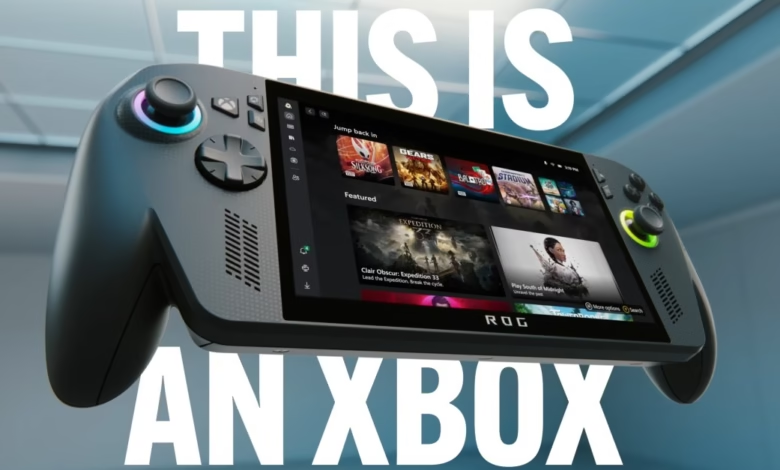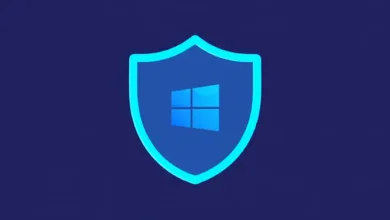Microsoft’s Next-Gen Xbox Teaser Went Unnoticed

▼ Summary
– Microsoft is partnering with Asus to launch Xbox Ally handhelds, which run Windows but boot into a full-screen Xbox UI, blurring the line between PC and console.
– The Xbox Ally handhelds are marketed as Xbox devices, signaling Microsoft’s strategy to expand Xbox beyond traditional consoles to multiple devices and screens.
– Despite being branded as Xbox handhelds, these devices primarily run PC games natively, with limited Xbox console game compatibility unless streamed or part of Xbox Play Anywhere.
– Microsoft is working on game preservation and emulation to enable backward compatibility for Xbox games on PC, but technical and licensing challenges remain unresolved.
– Microsoft’s long-term vision involves offering Xbox experiences across various hardware from PC makers, prioritizing choice and seamless integration while promoting Game Pass and its ecosystem.
Microsoft’s latest gaming strategy may have quietly revealed the future of Xbox hardware, blending PC flexibility with console simplicity. The tech giant’s partnership with Asus to launch Xbox-branded handheld devices signals a bold shift in how it defines the Xbox experience. These Windows-powered portable systems boot directly into an Xbox interface, masking the traditional desktop while providing access to games across platforms, including Steam titles.
During the announcement, Microsoft made its intentions clear by stating “This is an Xbox,” suggesting the brand now extends beyond traditional consoles. The presentation style mirrored past Xbox hardware reveals, complete with behind-the-scenes footage featuring veteran Microsoft designers. Industry insiders view this as more than just another third-party collaboration, it’s a testbed for Microsoft’s evolving vision of gaming hardware.
The company faces an interesting paradox with these devices. While marketed as Xbox systems, they primarily run PC games rather than native Xbox titles. This creates potential confusion, especially for blockbuster releases like Grand Theft Auto VI that won’t initially have PC versions. Microsoft bridges this gap through streaming and its Xbox Play Anywhere initiative, though library limitations remain.
What makes this approach revolutionary is Microsoft’s apparent plan to decouple the Xbox platform from specific hardware. Instead of manufacturing all devices itself, the company seems poised to license its gaming ecosystem to multiple PC manufacturers. This strategy mirrors how Windows operates across different computer brands while maintaining a consistent user experience.
Technical hurdles remain, particularly regarding backward compatibility. Microsoft recently formed a dedicated team to address game preservation, suggesting future solutions may involve emulation. For now, cloud gaming and cross-platform saves help smooth the transition between devices.
The long-term implications could reshape console gaming entirely. Imagine choosing between Xbox-branded devices from various manufacturers, all offering access to Game Pass and your entire library, whether playing natively or via streaming. This level of flexibility positions Microsoft uniquely against competitors while leveraging its strengths in both software and cloud services.
Success hinges on execution. Microsoft’s past struggles with Windows gaming integration raise valid concerns, but closer collaboration between its Xbox and Windows teams shows promising signs. As the lines between PC and console continue blurring, Microsoft appears ready to lead rather than follow in defining the next generation of gaming hardware.
(Source: The Verge)





